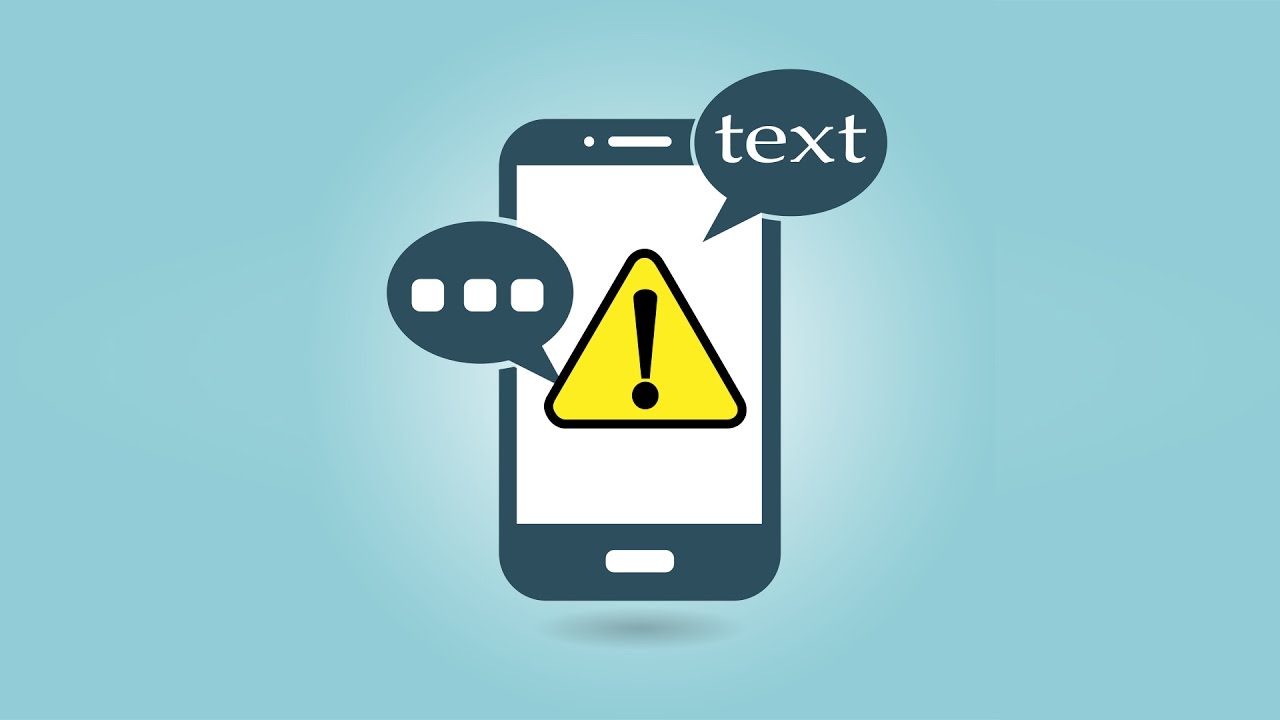Text messages are becoming the primary way for people to interact with businesses, in fact, texting is the single most used feature on a smartphone.
Today's scammers have taken to targeting victims via Short Message Service (SMS) text message scams in addition to traditional email-based phishing attacks.
SMS Phishing, or Smishing, is becoming a common method to steal data or install malware on your smartphone. Most phishing scams try to take advantage of natural human emotions of fear or trust, such as:
- Requesting your online banking credentials to claim a cash prize.
- Messages implying your money is being stolen.
- Being accused of a crime you did not commit.
- Requesting information to verify tax documents.
- Requesting donations or aid dollars.
Phishers are constantly trying new methods to trick you into clicking a link, entering credentials, or sending private information. While you may be skeptical of links included in an email, those same precautions may be forgotten when receiving a text message. Since you may be less familiar with Smishing, you are less likely to be on guard. Taking the time to vet unfamiliar text messages can help prevent a costly mistake.
Tips to avoid Smishing attacks
- Pay attention to the sending number: Many scammers use masking services to hide the number they are sending from. If the number is unfamiliar, use caution when replying or clicking links.
- Vet texts that claim to be related to your bank account: Never hesitate to call PFB if you receive a suspicious looking text message claiming to be related to your bank account.
- Check the shortcode: In the United States, you can use the U.S. Short Code Directory to check the authenticity of shortcodes used to send messages.
- Report threatening messages: If you believe that a text message is threatening you or your family members, report it to the local authorities.
- Use context: Remember, if someone you know loses their phone, it could be used to send Smishing messages. If you receive a message from someone you know that seems out-of-place, be skeptical.
